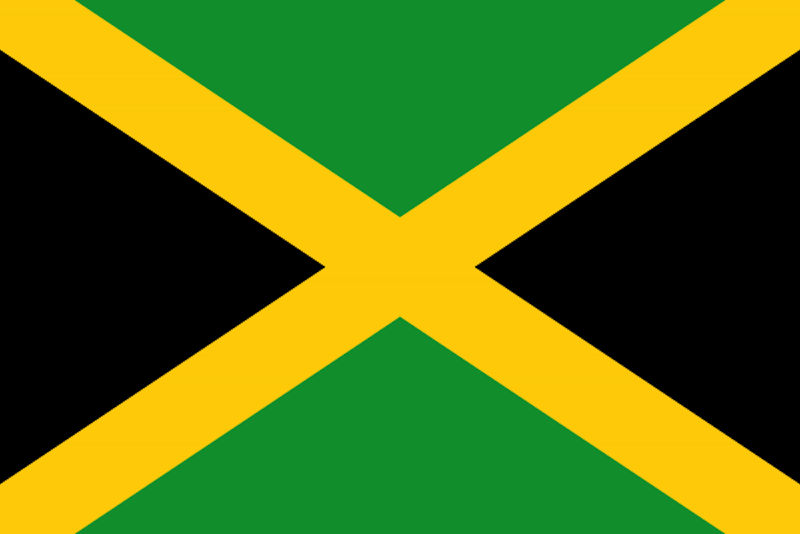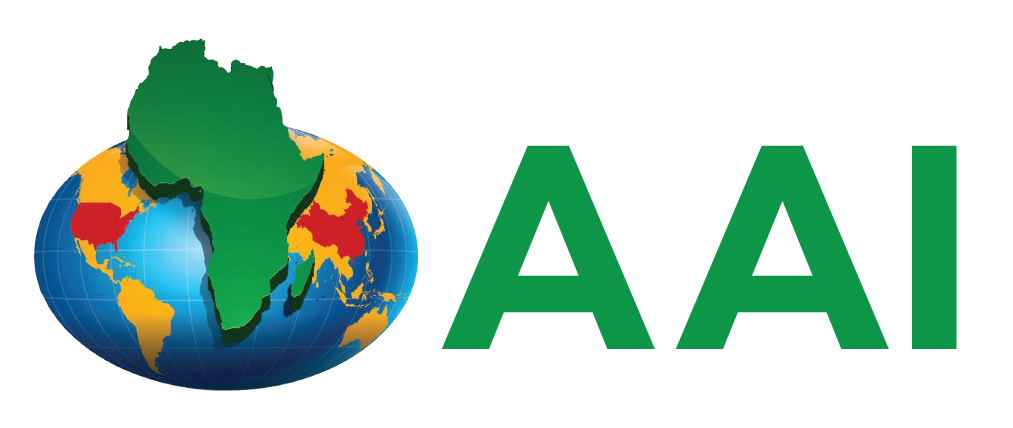Our History

Jamaica
Official Name: Jamaica
Total Area (Sq Mi.): 4,411
Population(2020 est.): 2,732,000
Location: Island country of the West Indies, the third largest island in the Caribbean Sea, after Cuba and Hispaniola
Capital: South Africa has three cities that serve as capitals: Pretoria (executive), Cape Town (legislative), and Bloemfontein (judicial)
Monetary Unit: Jamaican dollar(J$)
Jamaica is an island country situated in the Caribbean, approximately 700 miles south of Florida. Roughly the size of Devon and Cornwall combined, Jamaica has a population, 2.7 million, of which 90% are of black or mixed black ethnicity (predominantly African – Irish).
Jamaica was originally colonised by the Spanish in the early 16th century. Most of the indigenous population were either killed or died from diseases they introduced. As a result, the Spanish transplanted large numbers of African slaves to Jamaica as labourers. In 1655 Jamaica passed into British hands. The British established sugar plantations and over the next 150 years these were worked by slaves from West Africa and forced labourers from Ireland. During this period a number of slaves escaped into the inaccessible interior of Jamaica where they mixed with the surviving indigenous population and became subsistence farmers in communities known as Maroons.
Modern Jamaica gained independence from Britain in 1962 and is a constitutional parliamentary monarchy with Queen Elizabeth II as monarch. The official language is English, but the most commonly spoken language is Jamaican Patois, an English-based creole language with West African influences (a majority of non-English loaned words are of Akan origin).
Christianity is the predominant religion with 70% of the population claiming to be practising Christians. This reflects the influence of the Spanish and British colonialists. Despite the predominance of Christianity, many elements of traditional African religion remain, particularly in the more remote areas of the country. It is estimated that as much as 40% of the population secretly seek the services of the African traditional religious healers (also called Obeah workers) when confronted with serious problems that conventional medicine cannot remedy. Rastafarianism is often associated with Jamaica, but in fact only 1% of the population are practising Rastafarians.
Culturally, Jamaica’s biggest impact has been through music. A number of music genres, including Reggae, Ska, Rocksteady and Dub originated in Jamaica and in Bob Marley, Jamaicans found a world-wide ambassador for Jamaican music.

